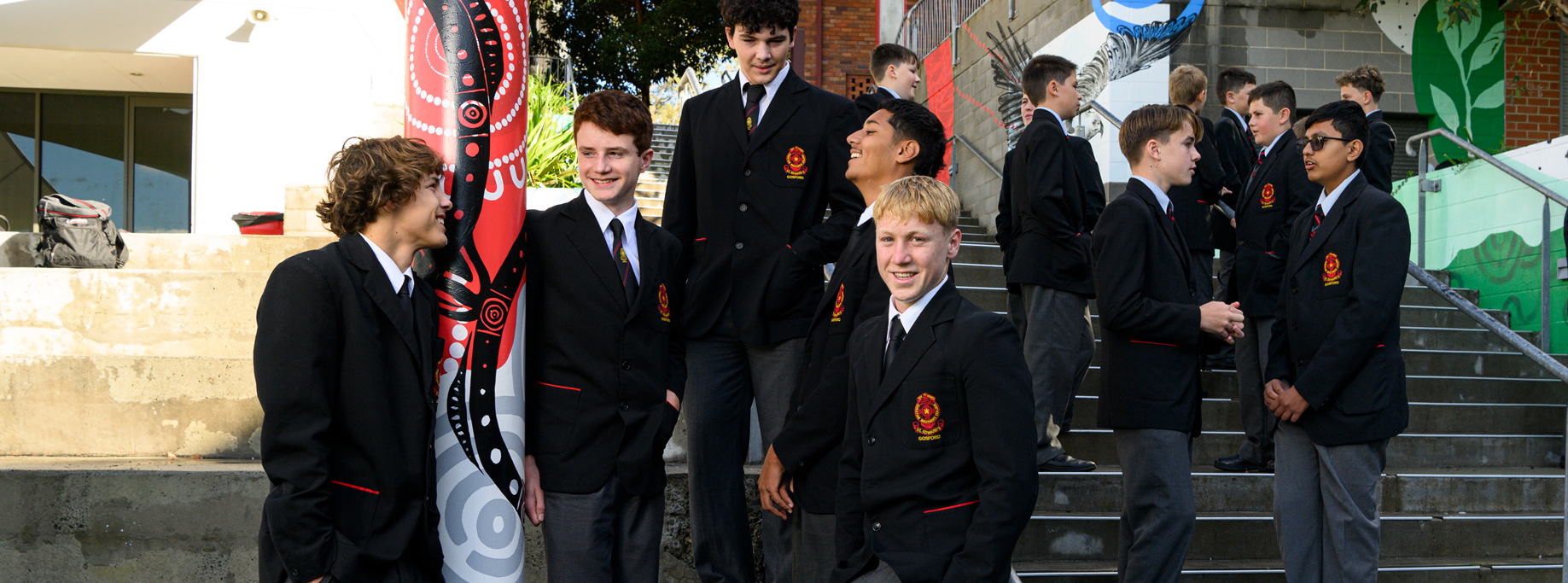
Many ask how they can assist kids when they become anxious about seemingly routine events such as attending school camps and excursions, tackling difficult subjects, or facing the prolonged absence of a favourite teacher.
Typical responses such as ignoring their worries or encouraging them to ‘get on with it’ are unhelpful. Allowing a child to avoid an activity that makes them anxious is another unhelpful option. Avoidance may help kids feel safe in the short term, but it risks the establishment of a long-term pattern that can be impossible to shift.
Regardless of the source every child and young person needs an adult in their life that understands them when they are anxious. It may make little sense that an activity makes a child anxious, you just need to understand that they are anxious. They need someone to witness their anxiety without dismissing or ignoring their feelings.
Anxious kids frequently look to parents and teachers for reassurance when they feel anxious. This shows in many ways, including kids continually seeking the opinion of others, wanting parents or teachers to make decisions for them, and continually asking for praise. Adults don’t have to fix kids’ problems, but we do have to understand they are anxious.
The use of ‘Ahhhh’ statements to validate how an anxious child is feeling, is a practical way to show that you are trying to understand them. It’s also a great way to help a child develop a more nuanced emotional vocabulary. Here are some examples:
‘Ahhhh, you’re feeling anxious about going to school camp . . .’
‘Ahhhh, you’re having one of those “I might mess it up” thoughts . . .’
Each child’s anxiety is unique. The first and most important response from an adult is to show a child that you ‘get’ that they are anxious. Having someone understand that they are anxious is an enormous relief, particularly if they haven’t been taken seriously in the past. Sitting alongside a child who feels anxious is an underestimated act of compassion that makes a huge difference to their immediate emotional state.







